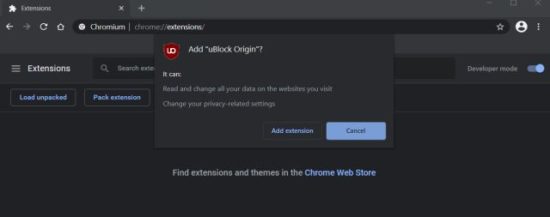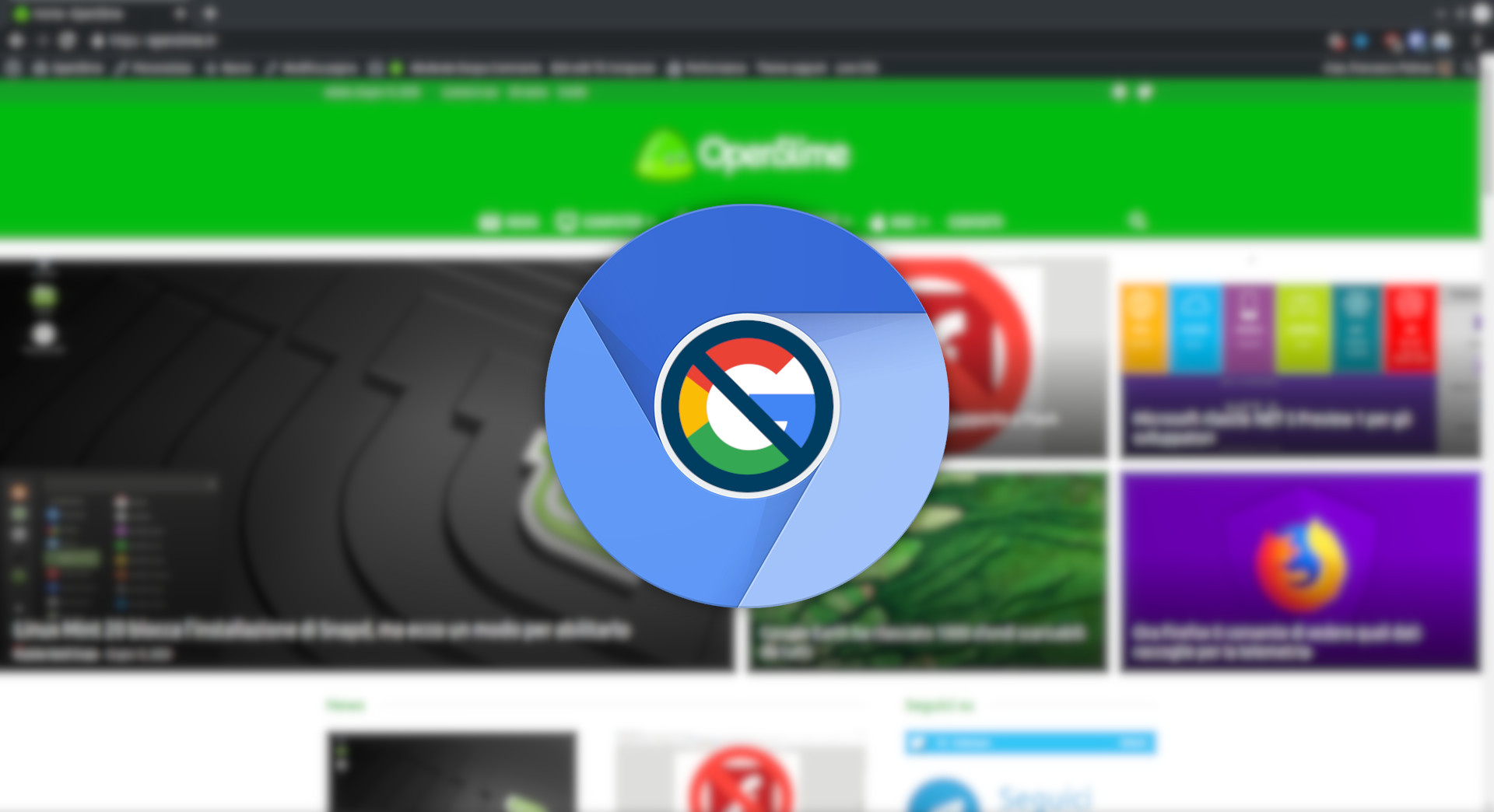

Ungoogled-chromium is available in the following Learn more about using the Issue Tracker under the section Other platforms are discussed and tracked in this repository's Issue Tracker. See docs/platforms.md for a list of supported platforms In addition to the features introduced by ungoogled-chromium, ungoogled-chromium selectively borrows many features from the following projects (in approximate order of significance): (Windows-specific) Do not set the Zone Identifier on downloaded files (as used in domain substitution) from attempting a connection. (Iridium Browser feature change) Prevent URLs with theĪlso prevents any URLs with the top-level domain This breaks captive portal detection, but captive portals still work. strippingĭisable intranet redirect detector (extraneous DNS requests) (Seeĭisable automatic formatting of URLs in Omnibox (e.g. It currently supports many Linux distributions, macOS, and Windows. ) for customizing search engine suggestions.Īdd more URL schemes allowed to save page schemes.Īdd Omnibox search provider "No Search" to allow disabling of searchingĪdd a custom cross-platform build configuration and packaging wrapper for Chromium. These are the non-essential features introduced by ungoogled-chromium.Įntries to configure new features (which are disabled by default).
Ungoogled chromium vs iridum code#
Strip binaries from the source code (known as binary pruning In other words, no connections are attempted to the Modifying Chromium to block its own requests with such domains This feature is implemented by replacing many Google web domains in the source code with non-existent alternatives ending in This feature is a fail-safe measure for the above, in case Google changes or introduces new components that our patches do not disable. Google Host Detector, Google URL Tracker, Google Cloud Messaging, Google Hotwording, etc.)īlock internal requests to Google at runtime.

These are the core features introduced by ungoogled-chromium.ĭisable functionality specific to Google domains (e.g. For more detailed information, it is best to consult the source code. This section overviews the features of ungoogled-chromium. These features are implemented as configuration flags, patches, and custom scripts.
Ungoogled chromium vs iridum manual#
Remove all uses of pre-made binaries from the source code, and replace them with user-provided alternatives when possible.ĭisable features that inhibit control and transparency, and add or modify features that promote them (these changes will almost always require manual activation or enabling). Remove all code specific to Google web services Remove all remaining background requests to any web services while building and running the browser Ungoogled-chromium addresses these issues in the following ways: In addition, Google designed Chromium to be easy and intuitive for users, which means they compromise on transparency and control of internal operations. However, Chromium still has some dependency on Google web services and binaries. Without signing in to a Google Account, Chromium does pretty well in terms of security and privacy. In scenarios where the objectives conflict, the objective of higher significance should take precedence. However, almost all of these features must be manually activated or enabled. Ungoogled-chromium features tweaks to enhance privacy, control, and transparency Unlike other Chromium forks that have their own visions of a web browser, ungoogled-chromium is essentially a drop-in replacement for Chromium. Ungoogled-chromium retains the default Chromium experience as closely as possible Ungoogled-chromium is Google Chromium, sans dependency on Google web services In descending order of significance (i.e. A lightweight approach to removing Google web service dependency


 0 kommentar(er)
0 kommentar(er)
